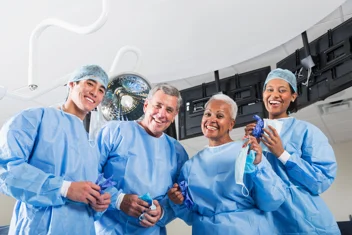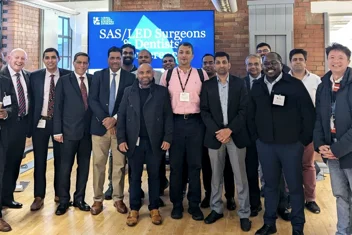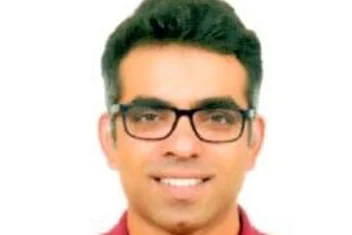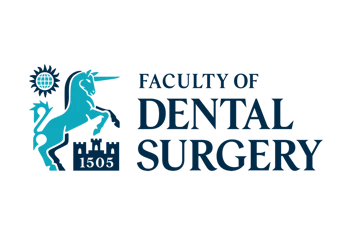Featured RCSEd News
News Library
AEEDC Dubai, the World’s Largest Annual Scientific Dental Conference and Exhibition
Recognised as the world’s largest annual scientific dental conference and exhibition, AEEDC Dubai is celebrated for its dedication to advancing knowledge and innovation in dentistry. Hosted each year at the Dubai World Trade Centre (DWTC) in Dubai, UAE, the event brings together leading dental minds from across the globe, creating a platform for learning, networking, and professional development.
Dental

RCSEd Vice President Professor Angus Watson Awarded OBE for Services to Surgery and Research
Professor Angus Watson, Vice President of the Royal College of Surgeons of Edinburgh (RCSEd), has been awarded an OBE for his outstanding contributions to the field of surgery and surgical research.

Professor Richard Cure is Appointed Dental Vice Dean (UK)
The Faculty of Dental Surgery is delighted to announce that Professor Richard Cure has been appointed as the Faculty’s first Dental Vice Dean with responsibility for UK matters. Professor Cure will remain in post for three years.
Faculty of Dental Surgery , FDS , Dental

RCSEd Global CARE 2026 Applications
Applications for the 2026 Global CARE Grants and Scholarships are now open with a closing date for Wednesday 1 April 2026. We invite grant applications for projects focused on creating sustainable impact in LMICs and scholarship applications from professionals from LMICs looking to gain a new skill or qualification to help strengthen their healthcare system in their home country.

RCSEd Dental Triennial Conference 2026 – Save the Date
The Dental Triennial Conference 2026 will bring together global experts to explore the latest advancements in dentistry, including AI, digital implant surgery, and VR in training. With top speakers, networking opportunities, and joint sessions with key dental bodies, the event aims to inspire and equip dental professionals for the future.
Dental











